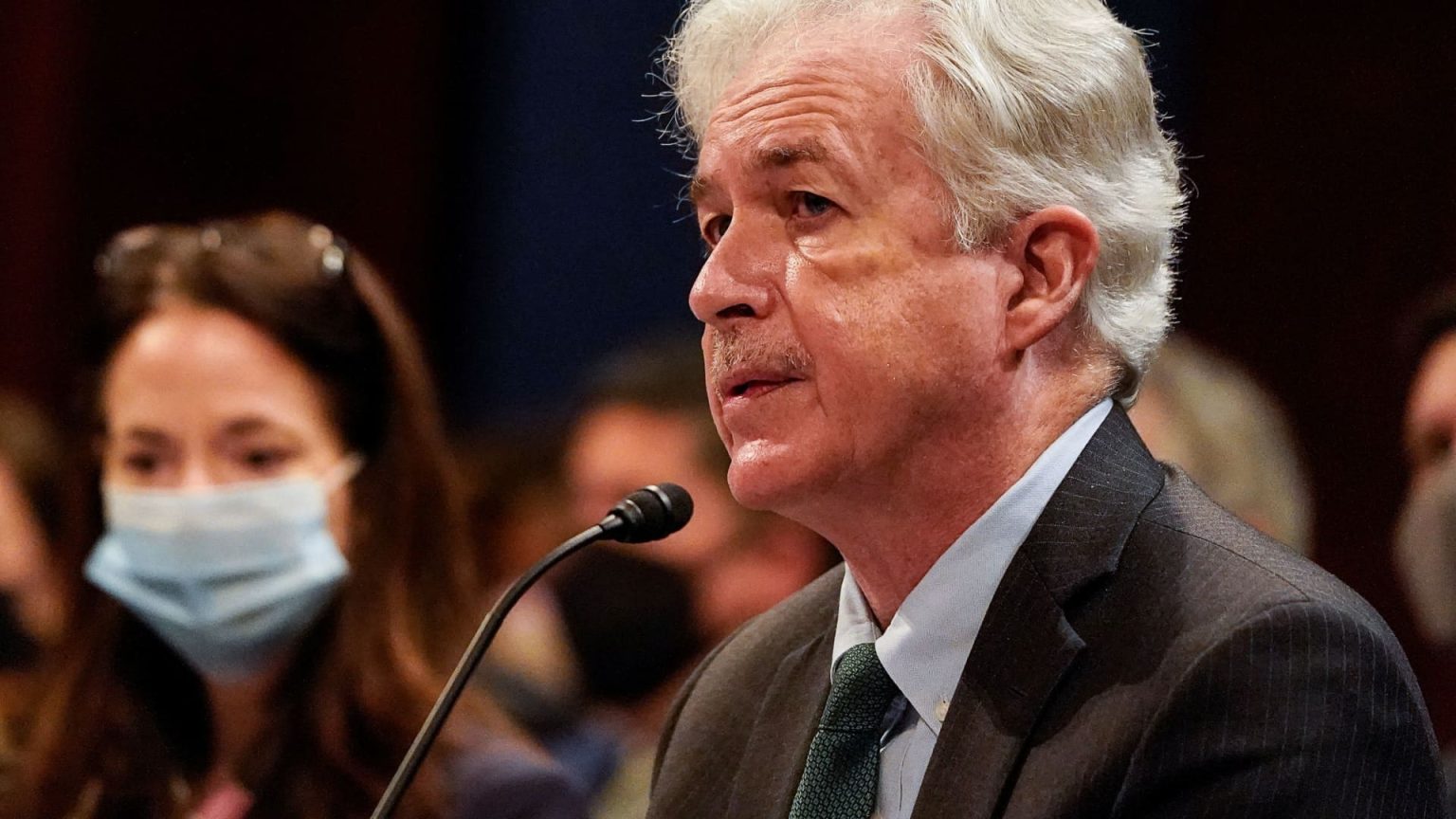CIA Director William Burns expressed concern about the potential use of nuclear weapons by Russia against Ukraine in the fall of 2022 but emphasized that the West should not be intimidated by Russian President Vladimir Putin’s threats. Burns mentioned that there was a moment when there was a genuine risk of the use of tactical nuclear weapons, but he stated that Putin is a bully and will continue to saber-rattle. At the request of President Joe Biden, Burns met with his Russian counterpart to emphasize the consequences of nuclear escalation. Despite the ongoing tensions, the White House did not immediately respond to inquiries about the situation.
Since Russia invaded Ukraine in February 2022, there have been hints from the Kremlin about the possibility of using nuclear weapons in the conflict. These signals have intensified following Ukraine’s offensive in Russia’s Kursk region in early August, with Putin promising a “worthy response.” Burns noted that the Kursk offensive boosted morale for Ukrainian troops and exposed vulnerabilities in Putin’s Russia and its military. Russia’s official nuclear doctrine is defensive, allowing the use of nuclear weapons in response to attacks with nuclear or other weapons of mass destruction or conventional attacks that threaten the existence of the Russian state.
Deputy Foreign Minister Sergei Ryabkov mentioned that the Kremlin is considering amending its nuclear doctrine in response to Ukraine’s incursion into Kursk. While the details of the potential changes were not disclosed, Ryabkov indicated that adjustments were being made. Despite this announcement, it remains unclear whether the amendments to Russia’s nuclear code will be finalized. The ongoing developments in the conflict between Russia and Ukraine have raised concerns about the potential use of nuclear weapons and the implications for regional and global security.
Burns emphasized the importance of not being intimidated by Putin’s threats and the need to continue direct communication to prevent nuclear escalation. The West has been urged to remain vigilant and prepared for any potential developments in the conflict. As tensions persist between Russia and Ukraine, diplomatic efforts are crucial in addressing the security concerns and preventing further escalation. The international community is closely monitoring the situation and working towards a peaceful resolution to the conflict.
The implications of a potential nuclear confrontation between Russia and Ukraine are significant, with far-reaching consequences for regional stability and global security. The use of nuclear weapons would have devastating effects on both countries and could lead to a wider conflict with catastrophic outcomes. It is crucial for all parties involved to exercise restraint and prioritize peaceful resolution of the conflict through diplomatic means. The international community must work together to prevent the escalation of tensions and alleviate the risk of nuclear conflict in the region.
In conclusion, the ongoing tensions between Russia and Ukraine have raised concerns about the potential use of nuclear weapons and the need for diplomatic efforts to address the security implications. Despite the threats and saber-rattling from Putin, it is essential not to be intimidated and to continue direct communication to prevent nuclear escalation. The possibility of amendments to Russia’s nuclear doctrine underscores the evolving nature of the conflict and the need for vigilance in managing the situation. The international community must work together to promote peace and stability in the region and prevent the devastating consequences of a nuclear confrontation.


